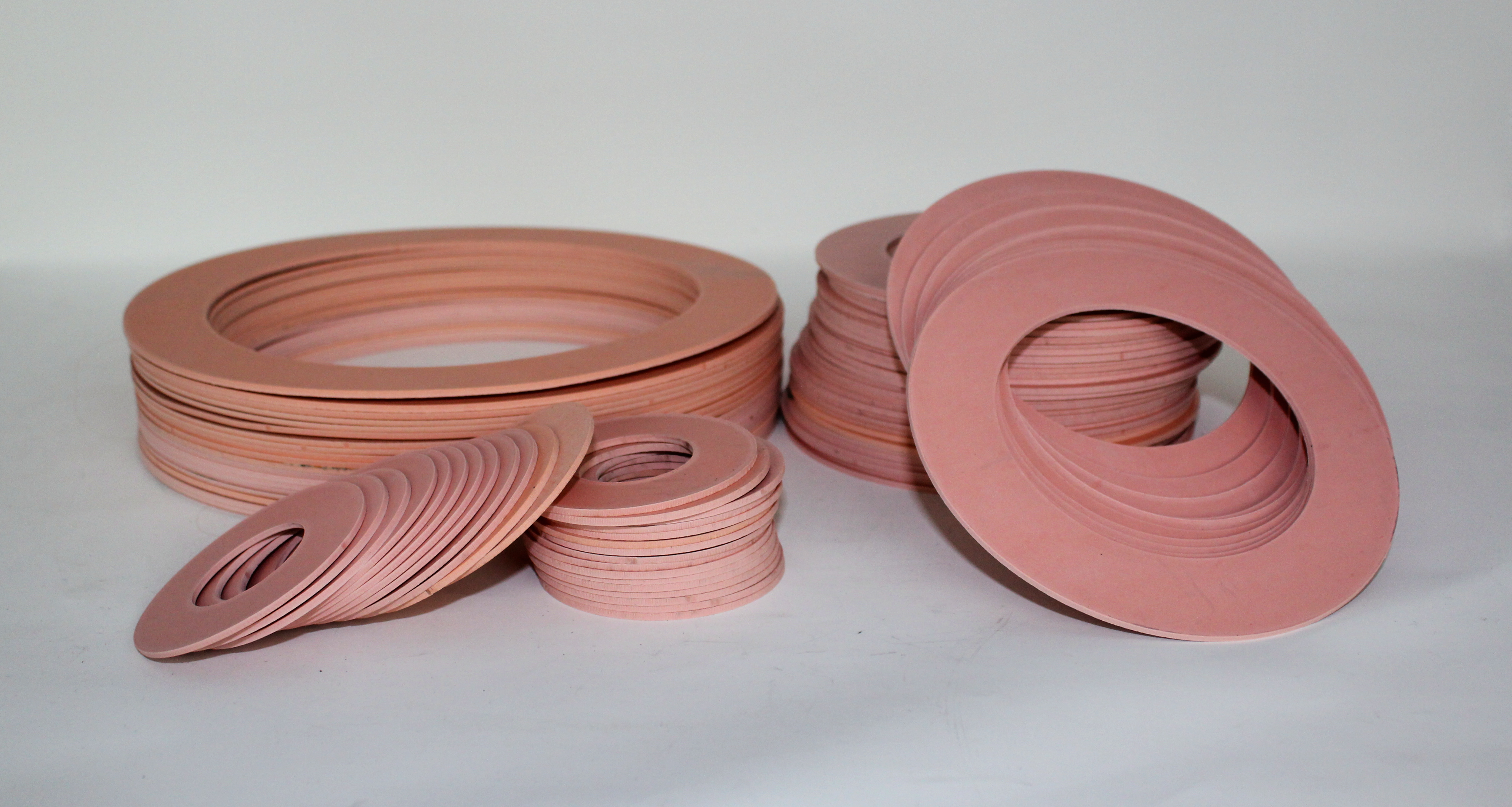Best Chemical Resistant Gaskets for Sulfuric Acid
Best Chemical Resistant Gaskets for Sulfuric Acid
Best Chemical Resistant Gaskets for Sulfuric Acid
25 Nov 2020

Sulfuric acid is a common chemical used in a wide range of industries, from fertilisers to dyes to explosives. But familiarity cannot be allowed to breed contempt. Sulfuric acid is highly corrosive. Pure sulfuric acid has a specific gravity of 1.830 at 25 °C; it freezes at 10.37 °C. When heated, the pure acid partially decomposes into water and sulfur trioxide; the latter escapes as a vapour until the concentration of the acid falls to 98.3%. Sulfuric acid is commonly supplied at concentrations of 78, 93, or 98%.
For any application, the design and fit of the gasket must be appropriate or the seal will fail. When shopping for chemical resistant gaskets, the material the gasket is made from is equally important. Sulfuric acid, like other corrosives, can erode some of the materials commonly used for gaskets, posing a risk to staff, product and equipment.
Chemical resistant gaskets play a fundamental role in workplace safety in factories, farms and other settings where sulfuric acid and similar chemicals are used. Gaskets come in a range of styles. PTFE Envelope gaskets are generally a superior choice for sulfuric acid. The design provides extra security to prevent leakage. So which type of gasket is best for applications involving this highly corrosive chemical?
Picking the Right Gasket for Sulfuric Acid
No single product is universally ideal for every application involving sulfuric acid. But these are two materials that work best with a range of applications that demand rigorous chemical resistance.- Polytetrafluoroethylene, standardly shortened to PTFE, is the family of materials that includes Teflon. It boasts incredible resistance to nearly all chemicals. While it might be handy in the kitchen, its real value is in industry. It was famously used in the Manhattan Project to coat metal to protect it from radioactive material. PTFE gaskets are popular for use in food, chemical and pharmaceutical manufacture. They would be the choice for most applications involving sulfuric acid, but percentage, pressure and temperature are big factors in the decision;
- Fluorocarbon Elastomers, known as FPM, FKM and Viton, are extremely versatile materials used in a broad range of applications. It combines excellent heat resistance (up to 200 C) with superior chemical resistance, although it is not suitable for use with ketones. They are commonly used with fuels, acids and chlorinated hydrocarbons. FPM would be suitable for Sulfuric Acid applications up to 90%. If it goes to 95%, then it won’t be resistant.
-
Post tags
